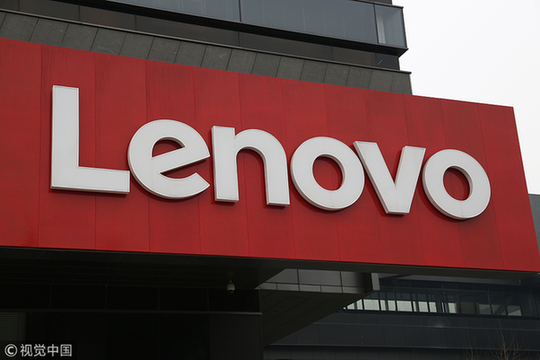Normal for firms to vote for technical standards they consider in own interests
 |
|
Headquarters of Lenovo Group in Beijing, March 3, 2018. [Photo/VCG] |
ON WEDNESDAY, Lenovo published an open letter addressed to its employees calling on them "to win the battle for Lenovo's honor". Beijing News comments:
The letter came because the company has been heavily criticized on social media because two years ago, 3GPP, the telecommunications industry authority, organized a vote on the 5G standards and Lenovo voted for Qualcomm's proposal instead of Huawei's in the first round of voting.
As the letter pointed out, these were purely technical discussions. And while it initially voted in line with the technology and patent reserves it already had, in the second round it voted in consideration of the overall development of the industry in China.
Huawei itself has issued a statement, saying that at the 2016 conference, Lenovo and its Motorola mobile voted in favor of Huawei's proposal in the second round of voting.
But because Lenovo initially voted in favor of a technical scheme that was dominated by Qualcomm, it is now being accused of being a traitor to the country.
Yet it is normal for enterprises in different countries to get together to determine the technical standards for industry through discussions. It shows that, like international trade, this matter is essentially of mutual benefit. The difference is only, who wins more, who wins less.
That is also the case for 5G technology. The competition among different proposals is therefore natural and companies will tend to promote the ones they think will benefit them the most.
Although Lenovo has every right to resort to legal means to defend its reputation, in this age of globalization, the interests of enterprises of different countries are intertwined. And at a time when a growing number of Chinese enterprises are multinationals, domestic public opinion should be more rational, and respect the principle of cooperation for mutual benefits.

